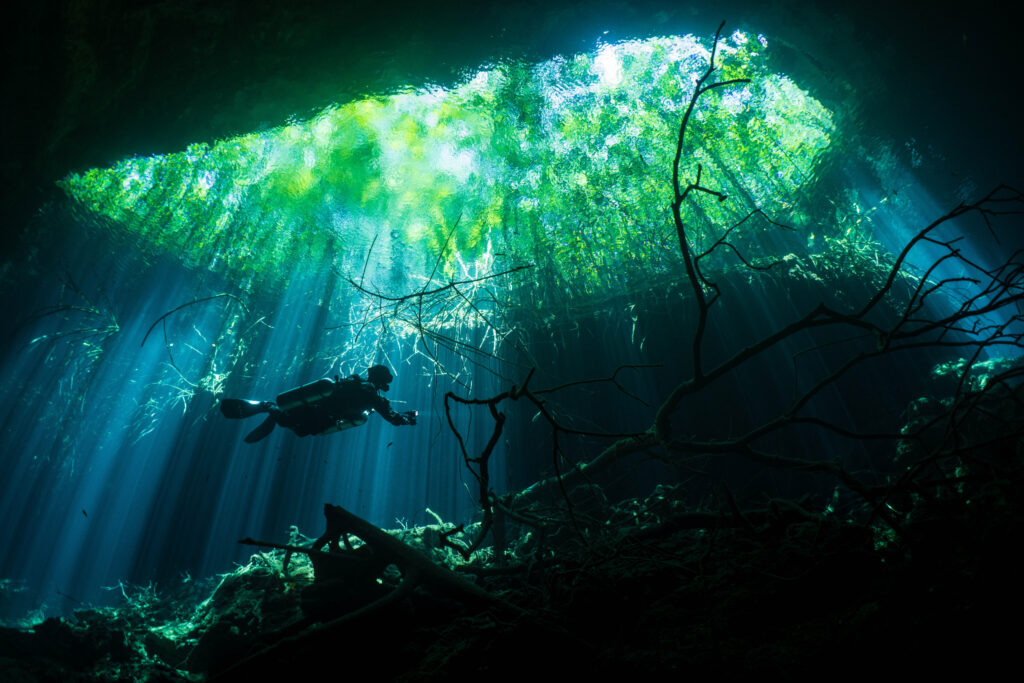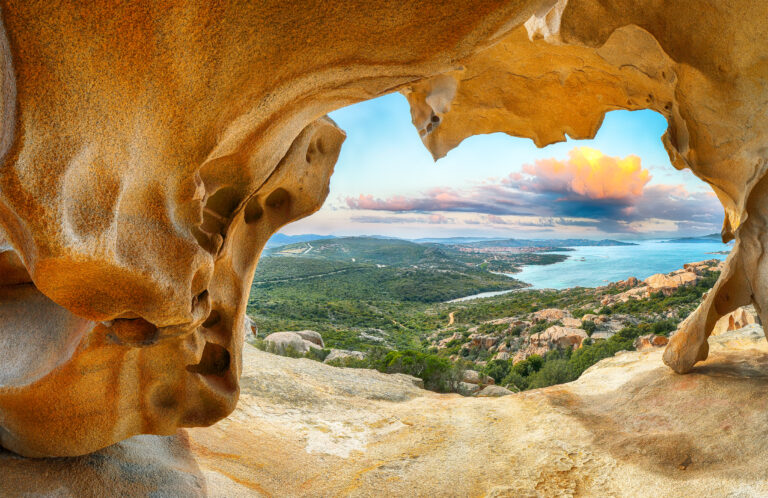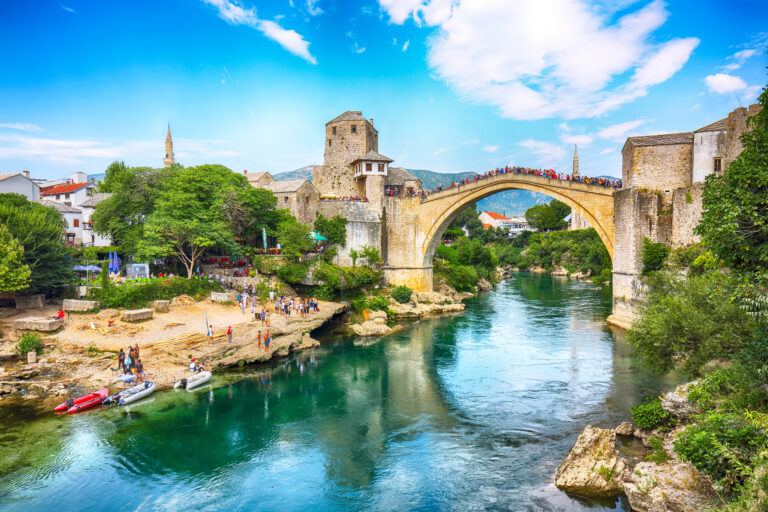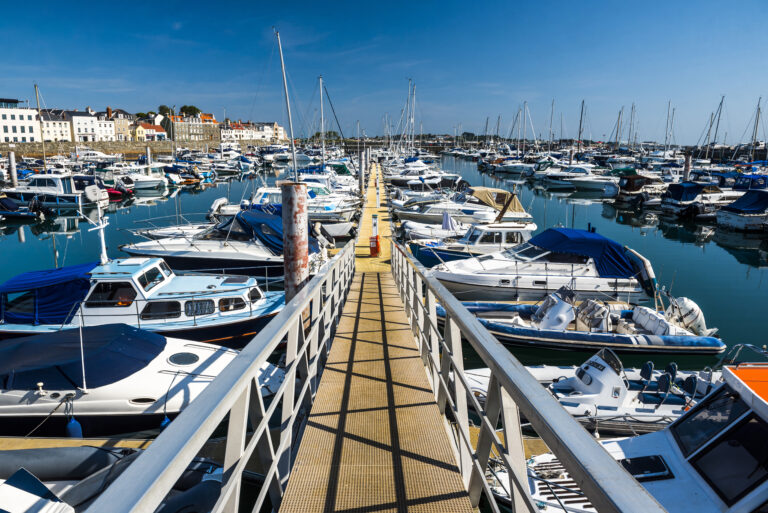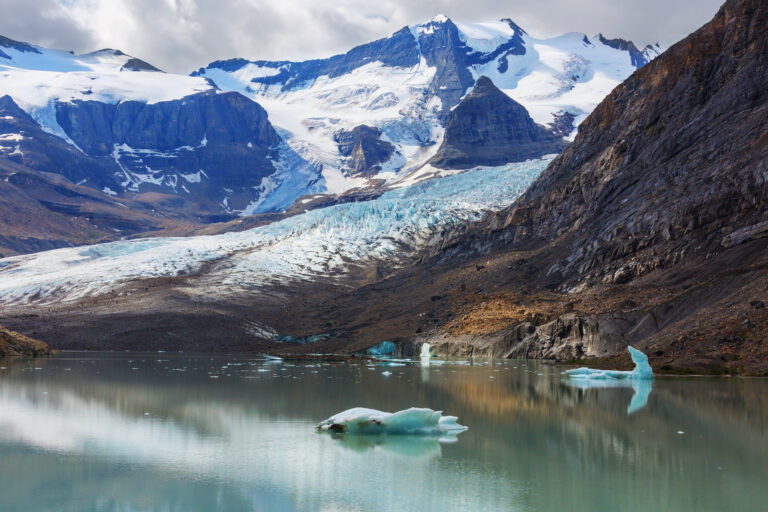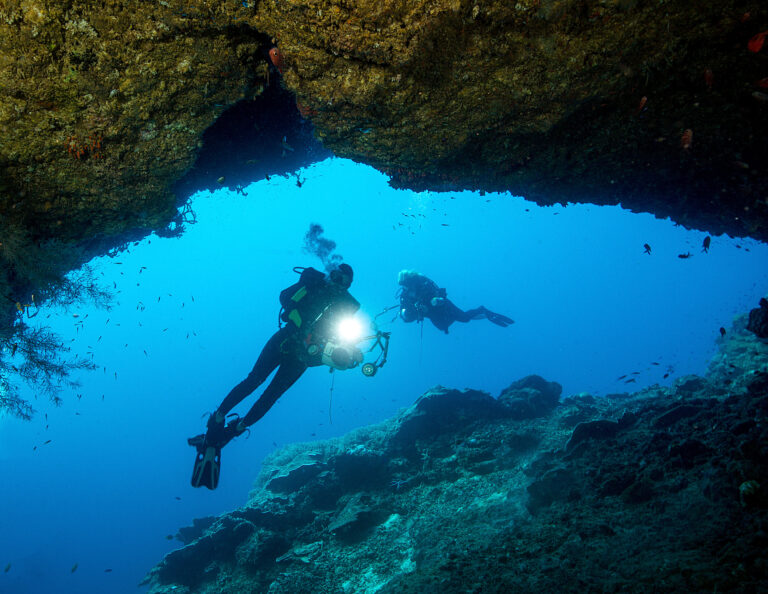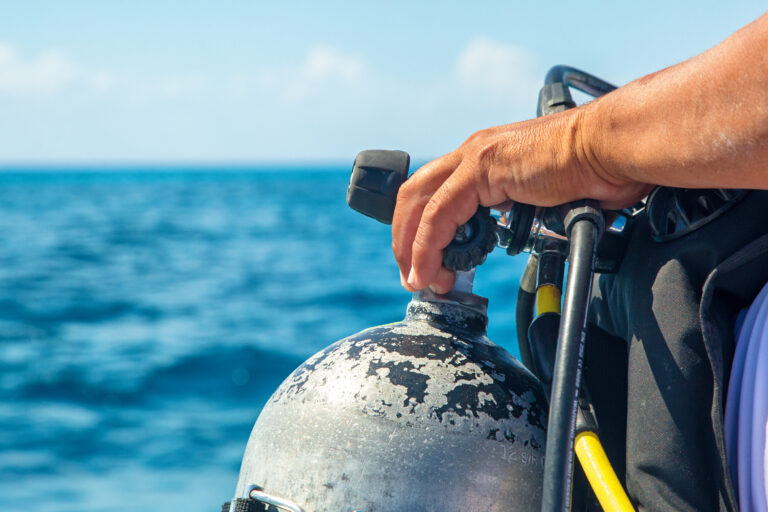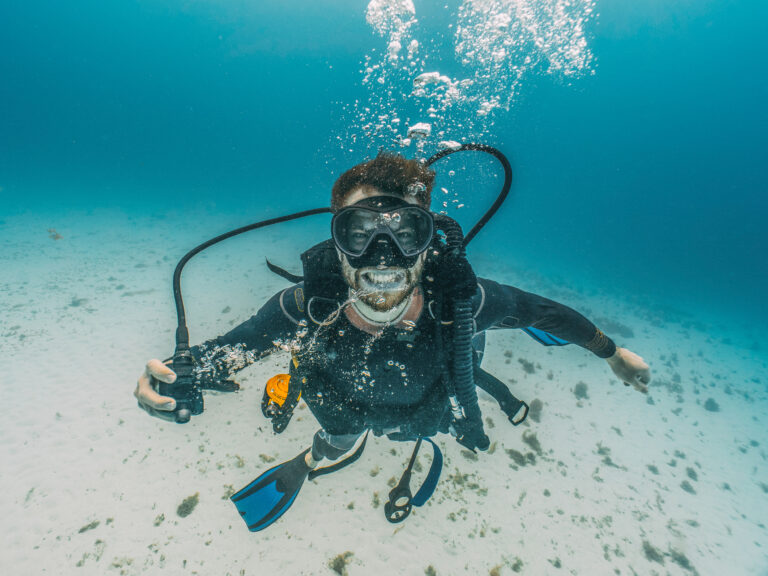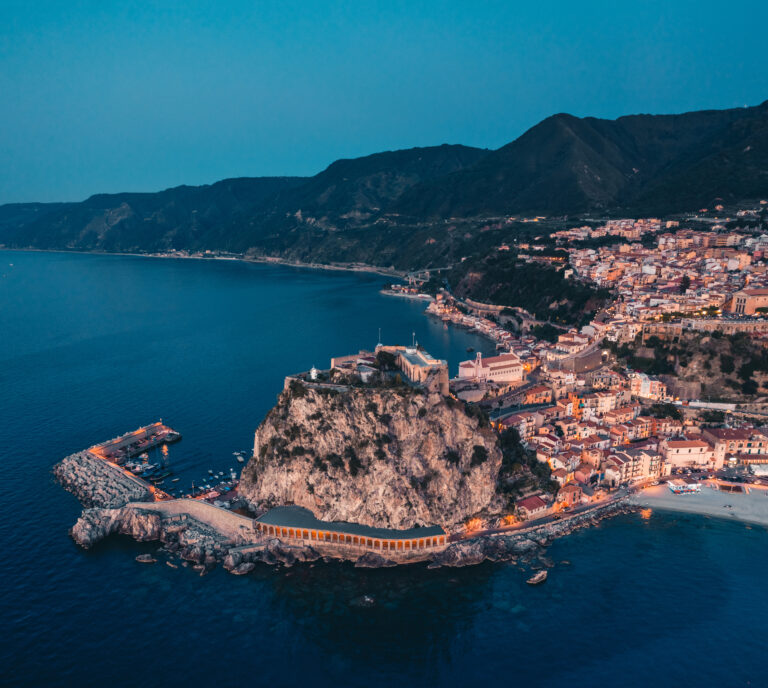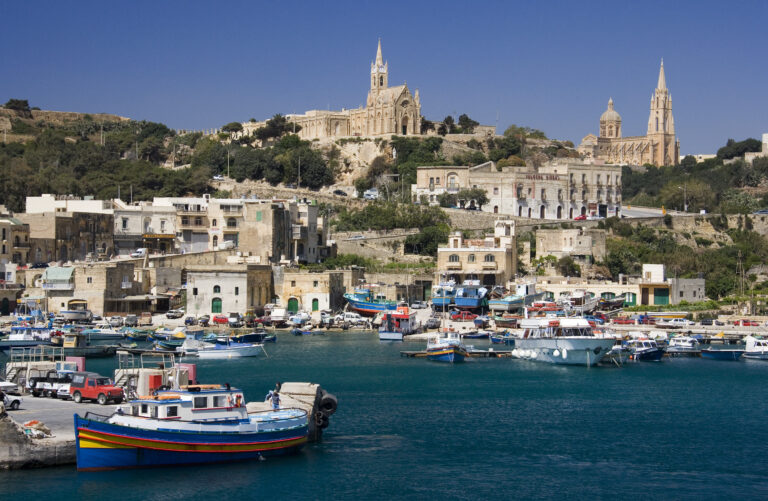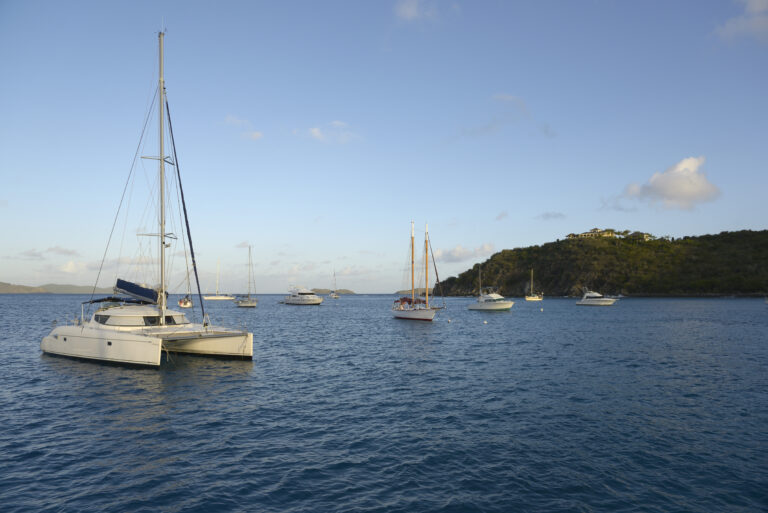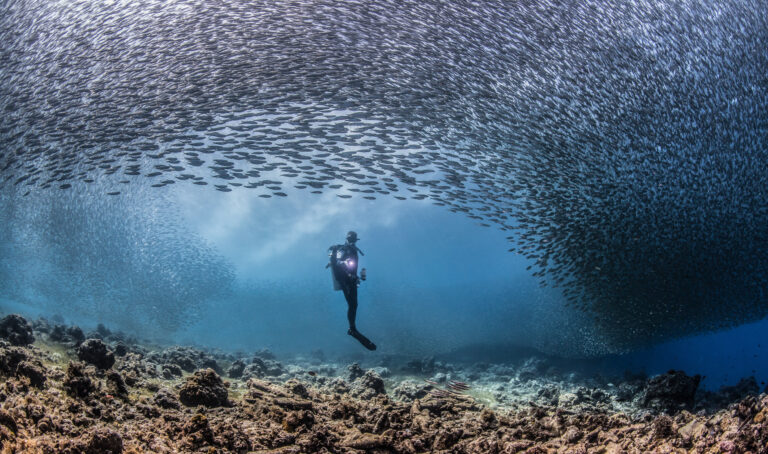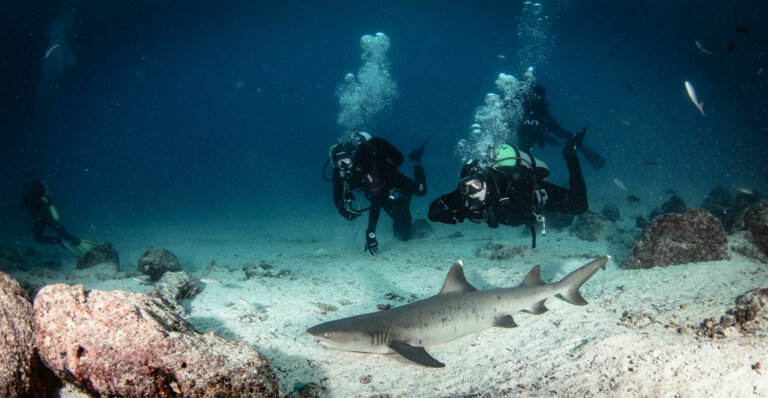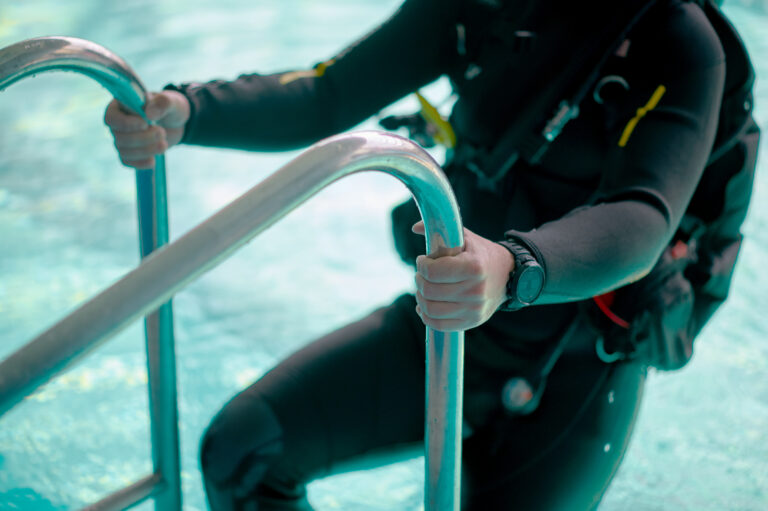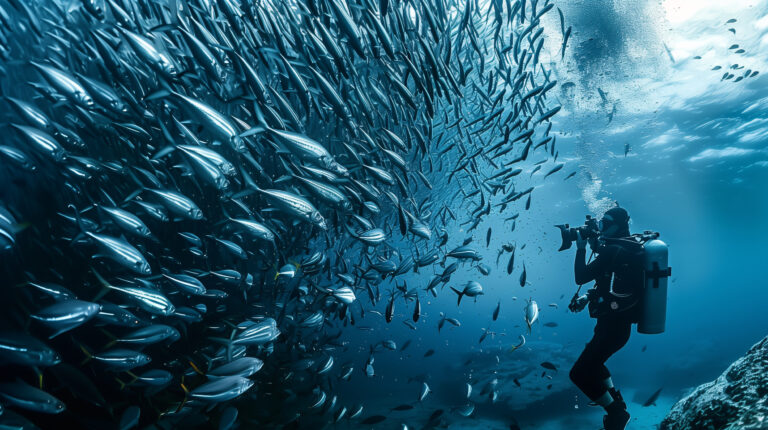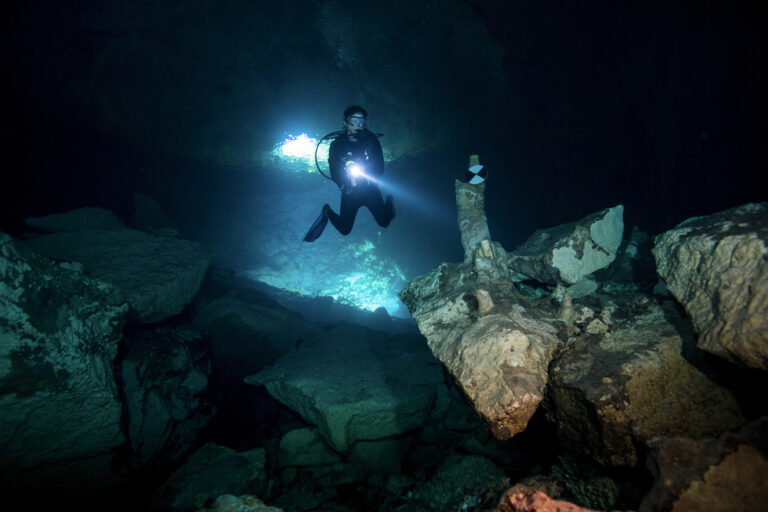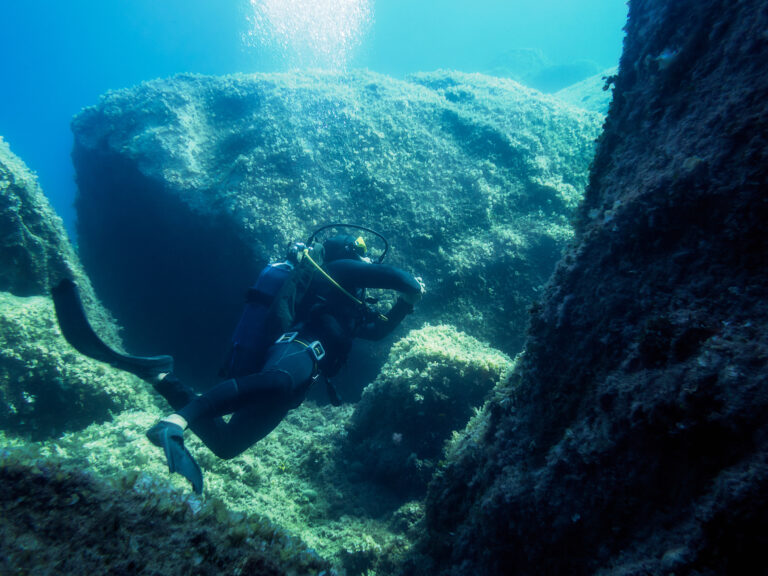Scuba Divers’ Travel Guide to Paraguay
While Paraguay is landlocked and does not have direct access to the ocean, its numerous rivers and lakes provide unique opportunities for freshwater diving. The country’s waterways are home to an array of fish species and underwater landscapes, offering a different kind of diving experience. Freshwater diving in Paraguay allows divers to explore submerged forests, riverbeds, and the fascinating aquatic life that inhabits these environments. For those interested in freshwater ecosystems, Paraguay presents an intriguing and alternative scuba diving destination.
Location and Geography
Paraguay, a landlocked country in the heart of South America, is bordered by Argentina to the south and southwest, Brazil to the east and northeast, and Bolivia to the northwest. While it may not be the first destination that comes to mind for scuba diving due to its lack of oceanic coastline, Paraguay offers a unique freshwater diving experience. The country is home to the expansive Paraguay River and numerous large lakes, such as Lake Ypacaraí and the Itaipu Reservoir, which was created by the damming of the Paraná River. These inland waters provide opportunities for divers to explore submerged forests, encounter freshwater fish species, and even dive in the vicinity of sunken ruins and artifacts. Although the underwater visibility may not rival that of tropical coral reefs, the freshwater ecosystems of Paraguay present a distinctive and adventurous diving locale for those looking to diverge from the typical saltwater environments.
Visa and Entry Requirements
Paraguay, nestled in the heart of South America, is a landlocked country and an unconventional choice for scuba diving enthusiasts due to its lack of oceanic coastline. However, for those looking to explore freshwater diving, the country offers unique experiences in its rivers and lakes. Travelers from many countries can enter Paraguay without a visa for stays of up to 90 days, including most European Union citizens, Canadians, Australians, and New Zealanders. United States citizens, however, do require a visa, which can be obtained on arrival for short stays or through a Paraguayan consulate for longer visits. It’s essential to check the latest visa requirements with the nearest Paraguayan embassy or consulate before traveling, as regulations can change. Additionally, ensure your passport is valid for at least six months beyond your planned departure date from Paraguay. Upon arrival, you may also be asked to provide proof of onward travel and sufficient funds for your stay. Always carry identification and a copy of your immigration entry stamp to avoid any complications during your freshwater diving adventure in Paraguay.
Getting to Paraguay
Paraguay, a landlocked country nestled in the heart of South America, may not be the first destination that comes to mind for scuba diving enthusiasts due to its lack of coastline. However, it offers unique freshwater diving experiences in its rivers and lakes. To reach Paraguay, travelers will typically fly into Silvio Pettirossi International Airport in Asunción, the nation’s capital. Major airlines provide connections from North America, Europe, and other South American countries. Overland travel is also an option for those already exploring the continent, with bus routes connecting Paraguay to neighboring Brazil, Argentina, and Bolivia. Once in Paraguay, divers can venture to locations such as Lake Ypacaraí or the Mbaracayú Biosphere Reserve to explore underwater worlds that are rich with freshwater flora and fauna, offering a different perspective from the traditional oceanic scuba diving spots.
Best Time to Dive
Paraguay, a landlocked country nestled in the heart of South America, may not be the first destination that comes to mind for scuba diving enthusiasts due to its lack of coastline. However, it offers unique freshwater diving experiences in its rivers and lakes. To reach Paraguay, travelers will typically fly into Silvio Pettirossi International Airport in Asunción, the nation’s capital. Major airlines provide connections from North America, Europe, and other South American countries. Overland travel is also an option for those already exploring the continent, with bus routes connecting Paraguay to neighboring Brazil, Argentina, and Bolivia. Once in Paraguay, divers can venture to locations such as Lake Ypacaraí or the Mbaracayú Biosphere Reserve to explore underwater worlds that are rich with freshwater flora and fauna, offering a different perspective from the traditional oceanic scuba diving spots.
Accommodation Options
Paraguay, a landlocked country in the heart of South America, may not be the first destination that comes to mind for scuba diving enthusiasts due to its lack of coastline. However, it does offer a unique freshwater diving experience in the region’s rivers, such as the Paraguay River, and in its large reservoirs like Lake Ypacaraí and the Itaipu Dam. Accommodation options for divers in Paraguay are primarily centered around the country’s larger cities and towns, such as Asunción, Encarnación, and Ciudad del Este, where a range of hotels, guesthouses, and hostels cater to different budgets and preferences. While these urban centers provide a comfortable base, divers may also find lodging closer to dive sites, such as lakeside retreats, eco-lodges, and campgrounds that offer a more immersive natural experience. It’s important to plan ahead, as these specialized accommodations may be limited and require advance booking, especially during peak travel seasons.
Dive Operators and Dive Shops
Paraguay, a landlocked country in the heart of South America, is not traditionally known for scuba diving, given its lack of direct access to the ocean. However, diving enthusiasts can still find opportunities to explore underwater worlds in Paraguay’s rivers and lakes. The most notable dive site is Lake Ypacaraí, where dive operators and shops, although limited, offer freshwater diving experiences. These local dive shops provide essential services such as equipment rental, dive certification courses, and guided dives, catering to both beginners and experienced divers. Due to the niche nature of diving in Paraguay, it’s advisable to arrange dive activities in advance, ensuring availability and personalized attention. Divers can expect to encounter a unique freshwater ecosystem with a variety of fish species and interesting underwater landscapes. While dive operators in Paraguay may not be as plentiful as in coastal destinations, their passion for diving and intimate knowledge of the local environment promise a memorable and off-the-beaten-path underwater adventure.
Transportation within Paraguay
Paraguay, a landlocked country in the heart of South America, may not be the first destination that comes to mind for scuba diving enthusiasts due to its lack of ocean access. However, for those looking to explore freshwater diving, Paraguay offers unique experiences in its rivers and lakes. Transportation within the country for divers is primarily overland. Buses and private vehicles are the most common means to traverse the country and reach diving destinations such as Lake Ypacaraí or the Paraguay River. Renting a car provides the most flexibility for divers carrying equipment and seeking out less accessible dive sites. While Paraguay’s public transportation network is extensive, it may not cater directly to remote diving locations, so planning ahead is essential. For larger groups or guided tours, arranging private shuttles or dive-specific transport through local dive shops can enhance the experience by ensuring timely and convenient access to the country’s hidden underwater treasures.
Currency and Payment Methods
Paraguay, while an intriguing destination with many natural wonders, is landlocked and thus not traditionally known for scuba diving. However, for those looking to explore its rivers or engage in other water-related activities, it’s important to note that the official currency is the Paraguayan Guarani (PYG). Cash is king in Paraguay, especially in more remote areas and for small transactions. While larger hotels and tour operators in cities like Asunción or Ciudad del Este may accept credit cards, it’s advisable to carry sufficient local currency when traveling to less urbanized regions. ATMs are widely available in major cities, but can be scarce elsewhere. It’s also prudent to inform your bank of your travel plans to avoid any issues with card usage abroad. Traveler’s checks are not commonly used, and it’s recommended to exchange foreign currency at reputable banks or exchange houses for the best rates. Always ensure you have small denominations on hand for tips and small purchases.
Language and Communication
Paraguay, a landlocked country in South America, may not be the first destination that comes to mind for scuba diving enthusiasts due to its lack of oceanic coastline. However, it does offer unique freshwater diving experiences in the Rio Paraguay and other inland water bodies. When it comes to language and communication, Spanish and Guaraní are the official languages of Paraguay. While Spanish is predominantly used in urban areas and is the language of choice for most scuba diving operators, Guaraní is widely spoken and holds a deep cultural significance. English may not be commonly spoken, especially in more remote diving locations, so it is advisable for divers to learn basic Spanish phrases or consider the services of a local guide or translator to enhance their diving experience. Dive briefings and instructions may be given in Spanish, and understanding the key terms can be crucial for safety and enjoyment. It’s also a great opportunity to immerse oneself in the local culture and connect with the friendly Paraguayan people.
Local Culture and Attractions
Paraguay, a landlocked country in the heart of South America, may not be the first destination that comes to mind for scuba diving enthusiasts due to its lack of oceanic coastline. However, it offers a unique freshwater diving experience in the crystalline waters of its rivers and lakes, such as Lake Ypacaraí and the Mbaracayú Biosphere Reserve. While the country’s diving spots are relatively undiscovered, Paraguay’s rich local culture and attractions provide a vibrant backdrop for those looking to explore above water as well. The capital city, Asunción, is a bustling hub of history and contemporary life, where visitors can immerse themselves in the local scene at the Mercado 4, a lively market offering traditional Paraguayan crafts, foods, and music. The country’s history is showcased in the ruins of the Jesuit Missions of La Santísima Trinidad de Paraná and Jesús de Tavarangue, UNESCO World Heritage sites that offer a glimpse into the 17th-century religious settlements. For a taste of local festivities, the Carnaval Encarnaceno in Encarnación is a colorful explosion of Paraguayan culture, with elaborate costumes, dances, and music. Paraguay may not be a traditional scuba destination, but it certainly provides a rich cultural tapestry for travelers to explore.
Cultural Etiquette and Tips
Paraguay, a landlocked country in South America, may not be the first destination that comes to mind for scuba diving enthusiasts due to its lack of oceanic coastline. However, it does offer freshwater diving experiences in its rivers and lakes, such as Lake Ypacaraí or the Paraguay River. When engaging in scuba diving activities in Paraguay, it’s important to respect the local customs and culture. Paraguayans are known for their warm hospitality, but they also value politeness and personal interactions. When visiting dive sites, be sure to greet your local guides and fellow divers with a friendly “hola” and a handshake. It’s customary to engage in small talk before getting down to business, so be prepared to chat about your journey or your impressions of Paraguay. Show appreciation for the local cuisine if offered, and be mindful of the environment by not disturbing the natural habitats or leaving any litter behind. As a visitor, demonstrating interest in the Guaraní language, which is widely spoken alongside Spanish, can also be a sign of respect. Remember that punctuality may be more relaxed in Paraguay, so patience is a virtue when waiting for diving excursions to commence.
Local Laws and Regulations Relevant to Tourists
Paraguay, a landlocked country in South America, may not be the first destination that comes to mind for scuba diving enthusiasts due to its lack of oceanic coastline. However, it does offer freshwater diving experiences in its rivers and lakes, such as Lake Ypacaraí and the Paraguay River. Tourists interested in diving here should be aware that while specific scuba diving regulations may not be as extensive as in coastal nations, general environmental laws and local regulations must be respected. It is essential to inquire with local authorities or dive operators about any permits required for diving activities, as well as guidelines for interacting with aquatic life to ensure the preservation of the ecosystem. Additionally, divers should be mindful of the rules regarding the removal of artifacts or interference with historical underwater sites, if any are present. As regulations can change, it is advisable to check for the latest information before planning your dive trip to Paraguay.
Safety Tips and Emergency Contacts
When planning a scuba diving trip to Paraguay, safety should be your top priority. Given that Paraguay is a landlocked country, diving opportunities are limited to freshwater rivers and lakes, such as Lake Ypacaraí or the Paraguay River. It’s essential to check your equipment thoroughly before each dive and be aware of the unique challenges freshwater environments present, such as reduced visibility and potential entanglement hazards. Always dive within your certification limits and ensure you’re accompanied by a local guide or dive operator familiar with the specific conditions of the dive site. In case of an emergency, it’s crucial to have the contact information for the nearest hyperbaric chamber, which may be located in a neighboring country, and to know the procedures for cross-border medical evacuation. Keep handy the contact details of local emergency services and ensure you have adequate dive insurance that covers medical treatment and evacuation. Remember, the nearest recompression facility might not be immediately accessible, so prevention and cautious diving are particularly important in Paraguay.
Health and Travel Insurance
Before embarking on a scuba diving adventure in Paraguay, it is crucial to ensure that you have comprehensive health and travel insurance that covers scuba diving activities. While Paraguay is not traditionally known for its diving opportunities, there are freshwater dive sites such as Lake Ypacaraí and the Misiones region where divers can explore underwater landscapes. Given the remote nature of some dive sites and the potential for decompression sickness or other dive-related injuries, it’s important to have a policy that includes coverage for hyperbaric treatment and medical evacuation, which can be costly and complex. Additionally, verify that your insurance provides coverage for trip cancellations, lost equipment, and any other unforeseen circumstances that may arise during your journey. Always carry proof of your insurance and emergency contact numbers with you, and be aware of the procedures to follow in the event of an incident. By taking these precautions, you can dive into Paraguay’s waters with peace of mind, knowing that you are well-protected against the unexpected.

